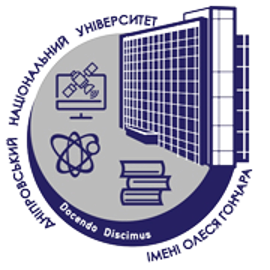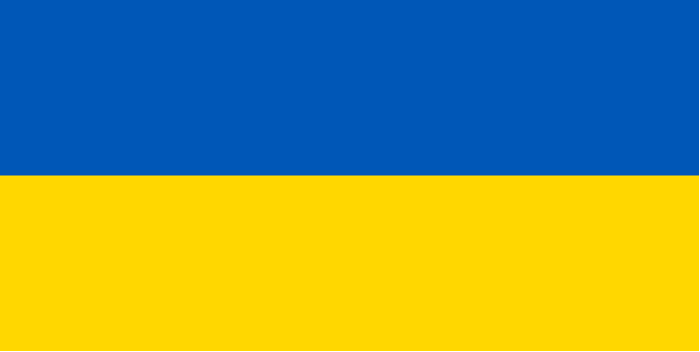Експертна оцінка та конфлікт інтересів в епоху постправди
DOI:
https://doi.org/10.15421/272304Анотація
Стаття присвячена актуальним питанням експертної оцінки та проблемі конфлі- кту інтересів у науковій діяльності. Зазначено, що поширення феномену постправди активізувало питання конфлікту інтересів у науці. Використано матеріали «Кодексу наукової етики» щодо прав та обовʼязків наукових працівників, визнаних міжнародною спільнотою, та щодо конфлікту інтересів як ситуації, за якої на судження, висновки та дії окремої особи впливають численні конфліктні, протилежні за формою та змістом інтереси. Показано, що конфлікти інтересів частіше виникають у трьох видах досліджень: прикладні дослідження, цільові дослідження, практично-орієнтовані дослідження. Роз- глянуто «Угоду про реформування оцінювання наукових досліджень», підготовлену та ухвалену міжнародною Асамблею стейкхолдерів, куди увійшли більше ніж 350 університетів та організацій із понад 40 країн. Угода пропонує орієнтуватися головним чином на експертні оцінки як експертів у визначеній сфері, так і залучених незалежних експертів для оцінювання результатів наукових робіт. Показано, що експертна оцінка покликана нейтралізувати негативний ефект конфлікту інтересів у науці. Окреслено, що для вирішення проблеми конфліктів інтересів та експертних оцінок останнім часом активно розробляються технології, що ґрунтуються на нових досягненнях машинного навчання. Проаналізовано формування нового феномену «постправди» при оцінюванні текстів та повідомлень ЗМІ, коли відкидання порад експертів прирівнюється до утвердження власної незалежності. Підкреслено, що відновлення авторитету експертної думки стає не лише предметом філософських диспутів, але й питанням колективної безпеки.





